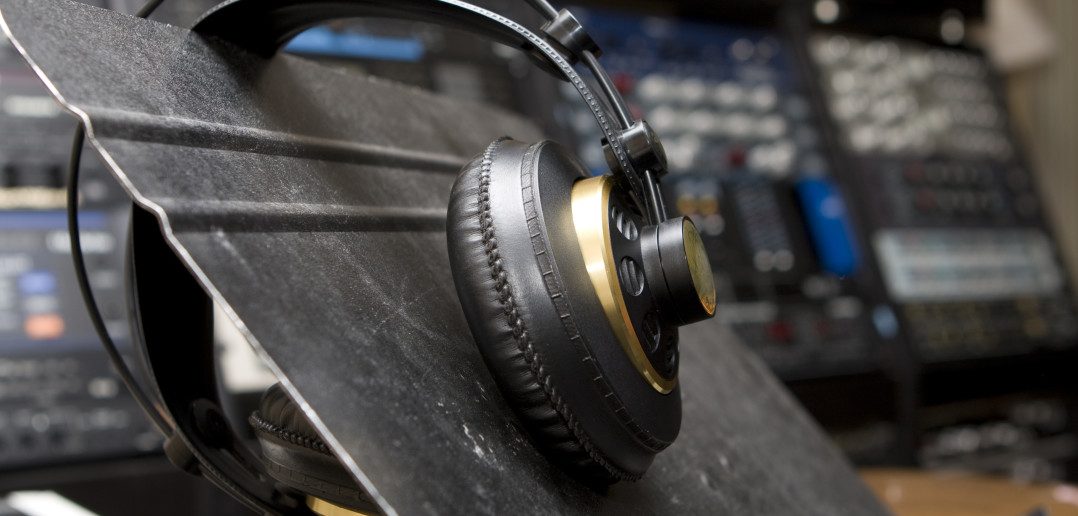More often than not, music in an independent production is an afterthought. Music suddenly becomes important in the overall catch phrase of “fixing it in post.” Larger productions have the time and budget to hire a composer, arranger, music attorneys and a music supervisor. But what do you do as a producer if your music budget is limited or non-existant?
1. Plan Ahead
You might not be able to afford a composer, but in the early stages of the project’s development, start thinking how you want the project to FEEL. Is it a horror project, a reality show or some other genre? What music would help the audience feel a certain way about a character or a situation?
2. Who Do You Know?
I listen to A LOT of different types of music. Sometimes, I don’t know what type of music a project will have – until I hear it. When I’m developing a project, I go and listen to live bands in bars, in coffee shops, at “open mic” night. Have your business card ready if you hear something you like. A lot of unknown artists have music that they have already recorded that they will let you use on a non-exclusive basis for a small fee or even free. Sometimes they record for you – but you have to pay for the studio time. It is the entertainment business, so everything is negotiable.
3. Get It in Writing
There are three basic parts to the overall umbrella of “Music Licensing”: Mechanical Rights, Synchronisation Rights and Performance. (Sheet music is a fourth subcategory and is usually separate, unless you’re planning to release a Songbook with your project.) Basically, you want the Artist/Performer/Band to give you permission to be able to take their Copyrighted performance of their original song (Performance Rights) and put it together with a moving image (Synchronisation Rights). Now, it can get complicated with the Mechanical rights of “How am I going to distribute my Project?” Is it regular TV? DVD? Internet? VOD? I hate complicated. Sometimes the “free” music will cost you more in aggravation, especially if you are just starting out. The most awful feeling in the world is when you are missing that ONE PART of the music licensing necessary to sell your project to a distributor. What happens then? You “fix it in post” and change out all the music cues. The fastest, easiest way to do this is to use music that is already composed in a certain style from a Music Library.
4. Production Music Libraries
Much like sound effects libraries, Music Libraries have tracks ready for you to license. For a small fee, you can license music for your production. The music is typically non-exclusive and the contracts are only a couple of pages. Try to get a “Royalty Free” license to keep the accounting simple. If you are producing your first project, this is probably your best choice.
5. Read. Learn.
Depending on who the Publisher (Copyright Holder) is for some music, even some music videos on Youtube are blocked for certain countries. Develop relationships with music publishers because they can help you. I managed a pianist on the Rock Records Label (Taiwan) who I also signed with BMG/Sony Music Publishing. The pianist really wanted to perform the main theme song from the South Korean television show Sandglass on his album. Rock and BMG/Sony went to the SBS Network and the song ultimately was recorded by the Pianist, accompanied by the Shanghai Symphony. Remember, everything is negotiable. Don’t EVER be afraid to ask. Sometimes there is a “yes”.
The music piece of the production/distribution puzzle takes years to learn to navigate. Performing rights societies such as BMI, ASCAP, SESAC or SOCAN are great sources for music information. I haven’t even scratched the surface of musician’s unions or all the “behind the scenes” people like arrangers and orchestrators. Whether you are using music from a Music Library or trying to find original music for your project, the key is to plan ahead.
Jacqueline “J.A.” Steel is a US-based writer, director, producer and actress. Follow her projects here, and on Twitter here!
Top photo via Shutterstock – Vladimir Gramagin




